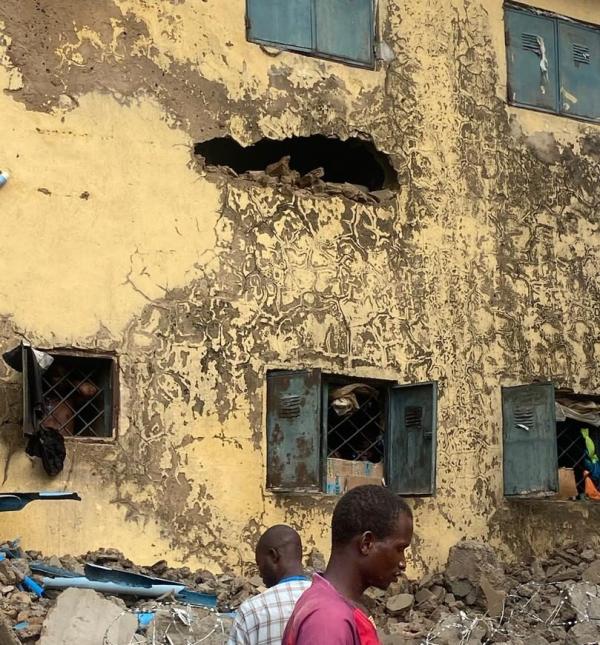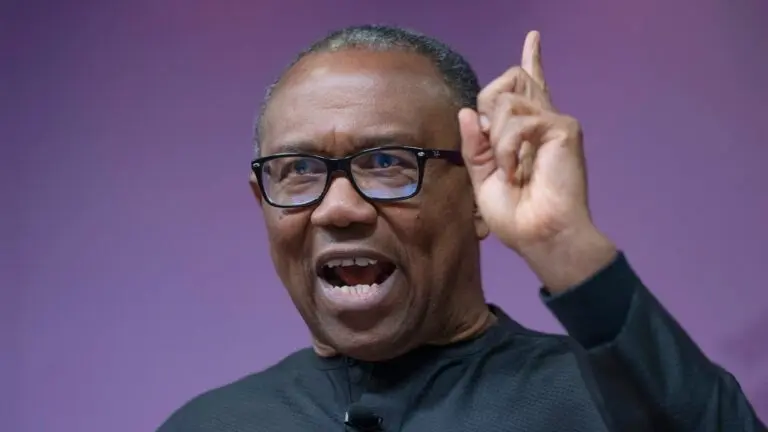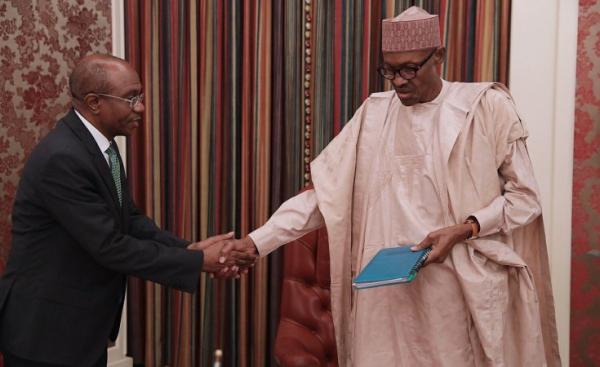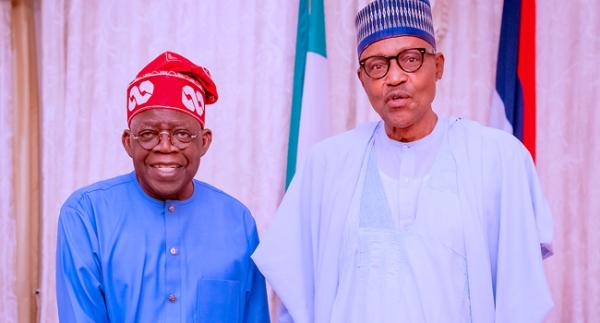
Nigeria’s president who is also the Grand Commander of the Federal Republic, Muhammadu Buhari yesterday condemned the practice in the country where public servants and people of questionable wealth are conferred with alumni recognitions, honorary degrees, chieftaincy titles and sometimes higher religious titles.
According to Ceoafrica, the condemnation was given at the 65th Annual Council Meeting of the West African Examinations Council (WAEC) in Abuja, where President Buhari said that integrity must be emphasised by institution dishing out such awards to corrupt members of the society.
Buhari, who was represented by Vice President Yemi Osinbajo, said Nigerians are no longer concerned about the process of attaining success because the end justifies the means.
WAEC at the occasion also presented international excellence awards to winners for the WASSCE for schools and candidates.
The Augustus Bandele Oyediran Prize was also presented to a candidate, Pius Kyere, and a school for their excellent performance in 2016 WASSCE. This category of awards was presented by the Head of the Oyediran family, Professor Oyediran.
Buhari said: “Today, the attainment of wealth, power or educational influence is the mark of success which is not necessarily a bad thing except we are no longer concerned with the process of attaining success.
“The end, it appears, today, justifies the means, which explains why cheating in exams and fake certificates simply do not generate the sort of outrage that such conduct would have generated years ago.
“Public servants and many in the private sectors who have questionable wealth are celebrated in one form or the other, alumni recognitions, honorary degrees, chieftaincy titles and even higher religious titles.
“Often, cheating is with the collusion of parents and teachers. This only reflects the failure of values in our larger society.
“Educational policy within that milieu of collapsed value failure is a totally different type of task when values in society have collapsed. When values in the society have been upturned, the role of the policy maker is completely different from when values are maintained by and large.”
The president called for a change in education curricula to reflect modern teaching methods.
“It is much more important today to emphasise also how we should teach which will obviously impact how we should examine, what questions we should be asking and what we should be looking for in our students.
“But regarding what we should teach, it is my respective view, more important now than ever before to redefine success”, he said.
Earlier in his remarks, Registrar to Council, WAEC, Dr Niyi Uwadiae, said examination malpractices remained a major challenge for the council.
Mr Uwadiae who said the consequences of malpractices are grave, called for collaboration to tackle the scourge.
He also called for the strengthening and enforcement of existing legislations to combat malpractices.
Minister of Education, Mallam Adamu Adamu, in his remarks, said the Federal Government had rolled out programmes to combat some of the challenges facing education in the country.
“Government has also entered into collaboration with several international development partners on these issues”, he said.






















